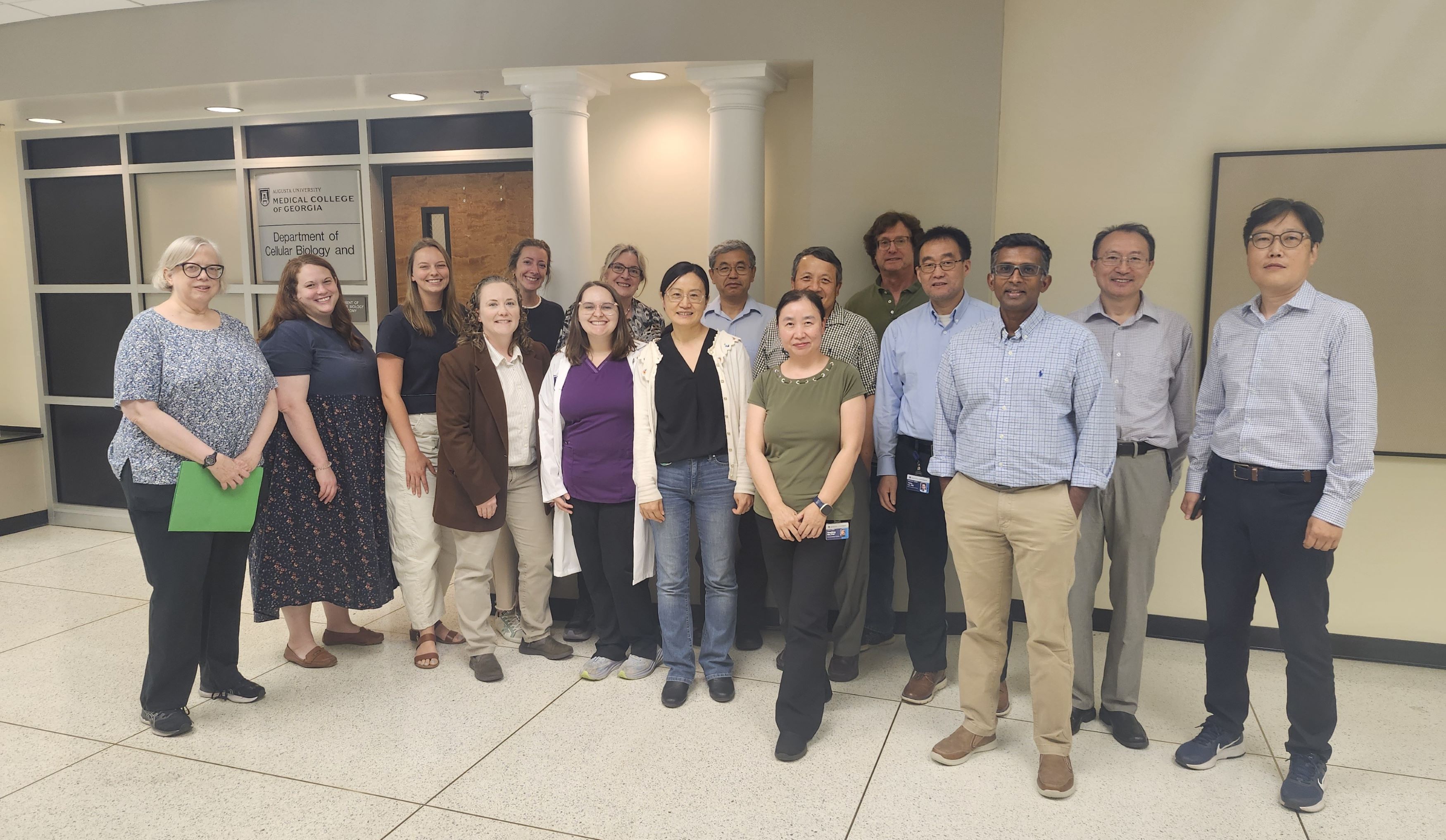
Cellular Biology & Anatomy Faculty Listing
Complete Faculty Listing
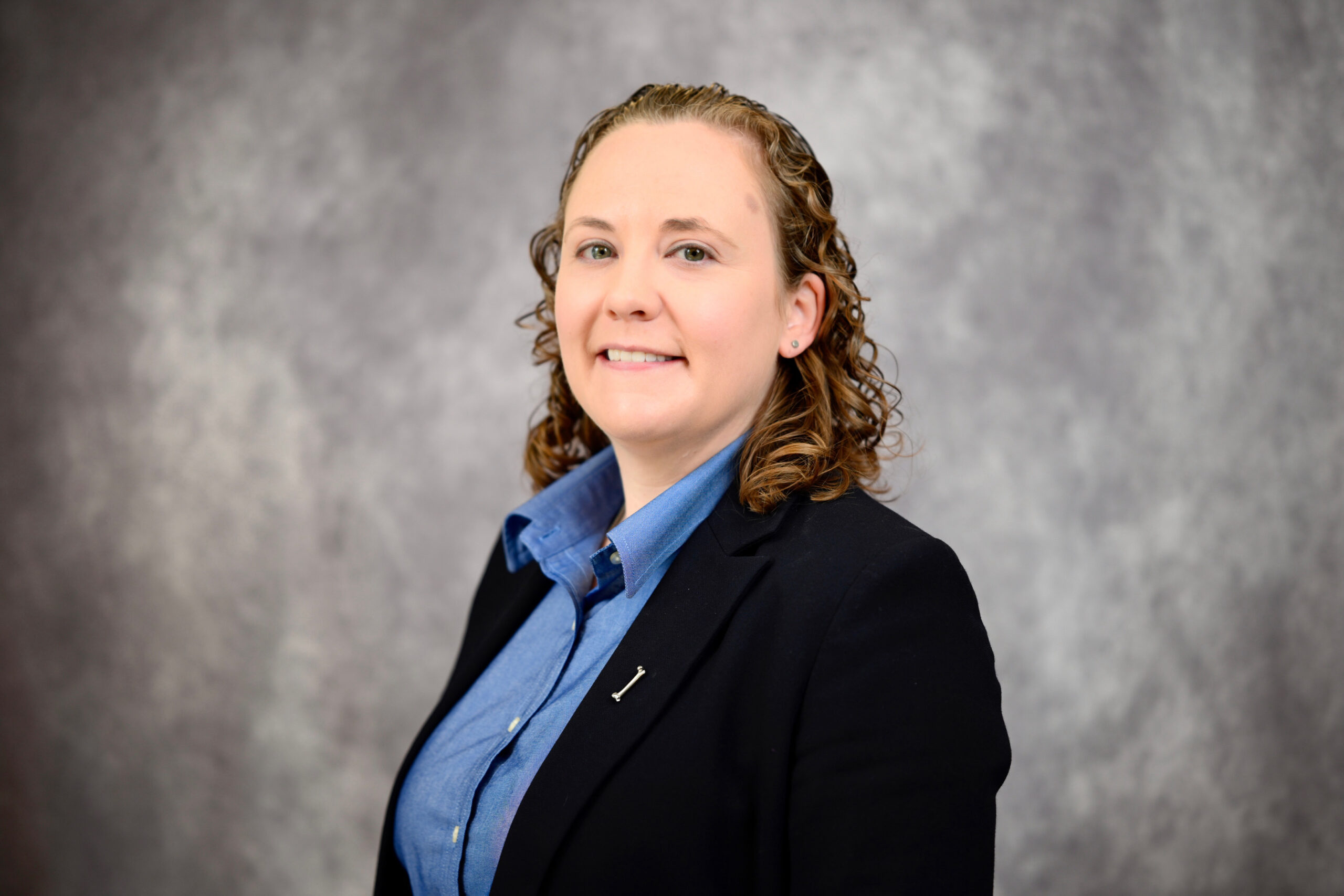
Meghan McGee-Lawrence, PhD
- Chair
- Regents' Professor
- CB1114
706-446-0128
Loss of musculoskeletal mobility is a key contributor to loss of independence and increased morbidity and mortality with aging. The overall goal of our laboratory’s research program is to uncover processes driving the maintenance / regeneration of bone structure and biomechanical strength as well skeletal interorgan communication with other body systems such as skeletal muscle and fat depots in aging and disease states. We investigate hormonal, epigenetic, and mechano-biological therapeutic targets for skeletal treatment, mechanical competence of tissue, and biological pathways involved in skeletal crosstalk with other organs. This research is driven by clinical issues, incorporating direct collaboration with clinicians and other basic science researchers, focusing on primary musculoskeletal disorders like osteoporosis and other diseases that may be intertwined with skeletal biology. We are working to define the integrative pathways involved in crosstalk between the skeleton and other organ systems to regulate development and disease progression.
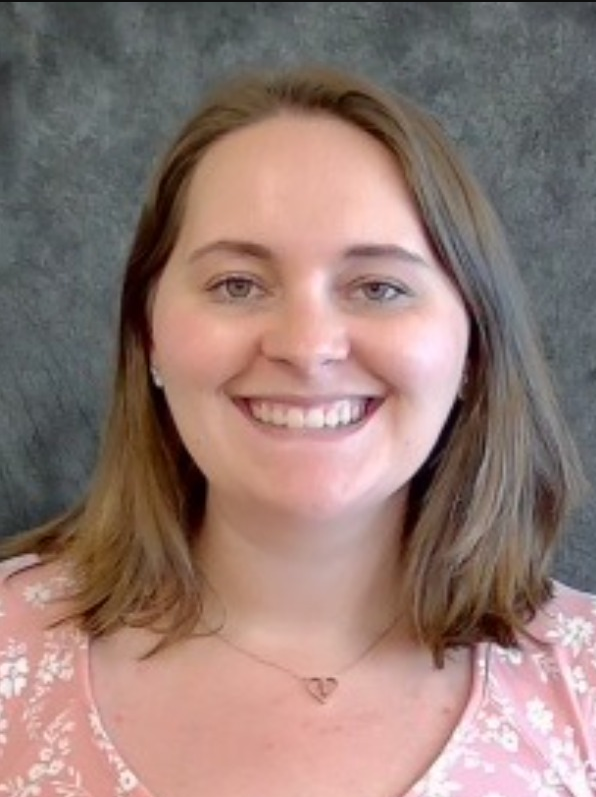
Shannon Barwick, PhD
- Assistant Professor
- CB1811
706-721-3078
My primary research focus is within education investigating the effectiveness of teaching modalities in anatomy education. Medical education is built on a strong understanding of human anatomy. I strive to utilize my research to enhance student experiences and success while providing a clear understanding of anatomy and the skills needed to be successful medical professionals. My overall goal is to foster and encouraging and dynamic learning environment that inspires curiosity and passion with future medical professionals. My secondary research interest is in the impact of neuroprotective drugs on the hereditary blinding disease retinitis pigmentosa. My research has focused on investigating the impacts of known neuroprotective drug, (+)-Pentazocine on the structure and function of retinas that have retinitis pigmentosa induced through the P23H mutation.

Jian-Kang Chen, PhD
- Associate Professor
- Director, CBA Graduate Program
- CB2200
706-721-8424
Our lab is interested in the mechanism of nephron hypertrophy, which is implicated in setting the stage for progressive nephron damage. We are also interested in the cellular and molecular mechanisms underlying the nephron damage seen in acute kidney injury (AKI) and chronic kidney disease (CKD). We hope to identify potential molecular targets for the development of preventive and/or therapeutic strategies to preserve nephrons and prevent kidney failure.
MORE ABOUT JIAN-KANG CHEN, PHD
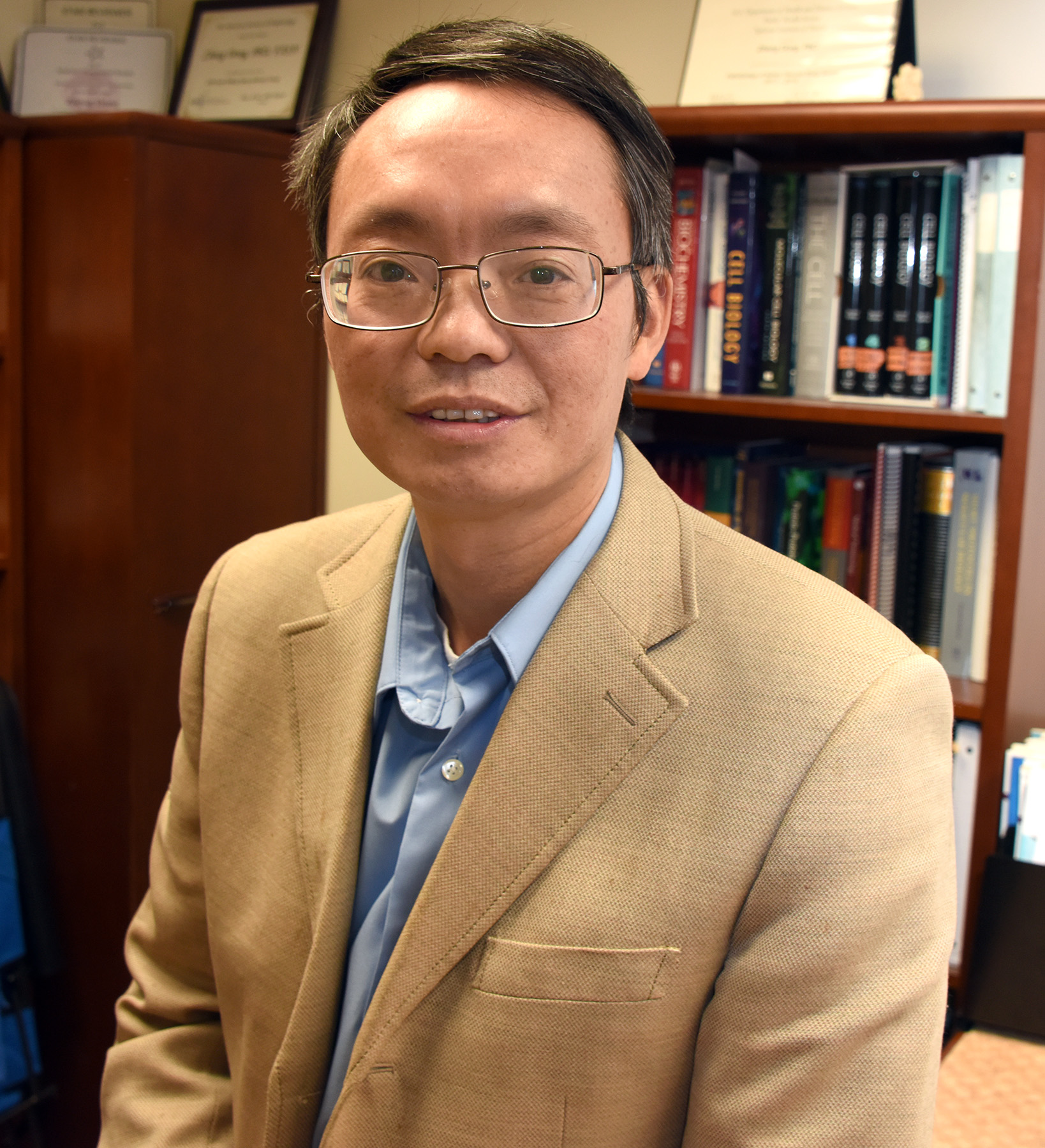
Zheng Dong, PhD
- Leon H. Charbonnier Endowed Chair & Regents' Professor
- CB1124
706-721-2825
The overall goal of our research is to delineate the molecular mechanism of cell injury/death, its protection and subsequent regeneration. Our focus has continued to be the response of kidney and cancer cells/tissues to pathological conditions of hypoxia/ischemia, metabolic stress, and DNA damage.
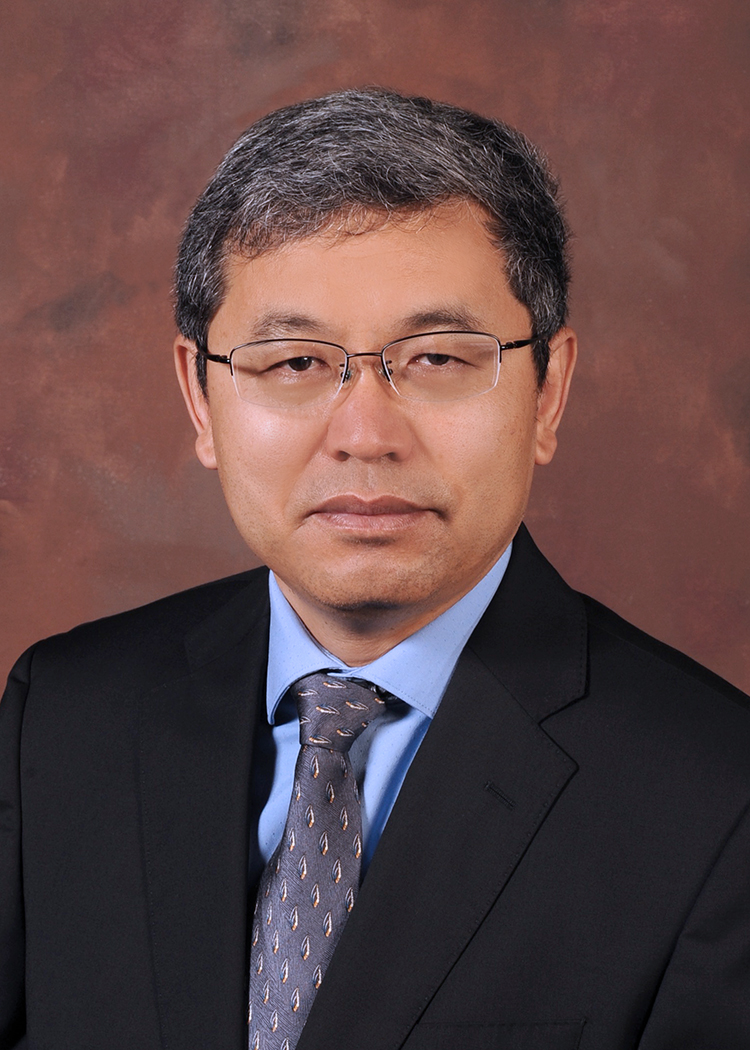
Xingjun Fan, PhD
- Professor
- CB2707
706-721-2019
The research in my laboratory centers on the lens, an important structure with the eye that focuses light on the retina. We study the role of reactive oxygen species (ROS) in aging and age-related disease, i.e., age-related nuclear cataract (ARNC) and Alzheimer’s disease (AD). We also use in vitro and in vivo model systems to study posterior capsule opacification (PCO), a common post cataract surgery complication.

Graydon Gonsalvez, PhD
- Professor
- CB2917
706-721-1756
The focus of our research is on understanding the mechanisms by which cells establish polarity. Establishment of cell polarity is essential for normal cell function. We also seek to understand how mis-regulation of this process results in disease.

Mindy Johnson, PhD
- Assistant Professor
- CB1809
706-721- 2062
My primary research explores the use of innovative learning modalities to enhance educational outcomes and develop more effective frameworks in medical and anatomy education. I aim to assess the effectiveness of various teaching strategies, with an emphasis on optimizing student engagement and fostering the development of skills that better prepare future medical professionals.
My secondary research interests are focused on the neuropathology of neurodegenerative movement disorders including Parkinson’s Disease and atypical parkinsonisms. My work examines pathologic substrates underlying in vivo susceptibility magnetic resonance imaging signals and postmortem neuropathology patterns from the substantia nigra pars compacta and red nucleus in parkinsonism subjects. The overall goal of my research is to aid in the progress towards establishing an in vivo biomarker in parkinsonisms and identify brain regions that may compensate for basal ganglia dysfunction and motor impairment.

Sang-Ho Kwon, PhD
- Associate Professor
- CB2820
706-721-0379
A major question in cell biology is how cells communicate with each other. One mechanism involves exosomes, a type of extracellular vesicles released after fusion of the internal vesicles with the cell surface. Because exosomes mirror the origin and status of the cells, the analysis of the content encapsulated in exosomes from biological fluids can reveal information relevant to human health and disease. Currently, work in our group is aimed at 1) building exosome detection toolboxes that can be applied to various exosome fields; 2) dissecting exosome biogenesis at the molecular levels; and 3) understanding the roles of exosomes in regeneration following organ injury.

Ellen K. LeMosy, MD, PhD
- Associate Professor
- CB1805
706-721-0893
My laboratory is currently testing roles of an extracellular matrix protein, Tinagl1, in heart development and spine/spinal cord development in young zebrafish. We are using CRISPR/Cas9 gene editing for definitive mutant phenotypes, and then will examine development using live imaging, signaling pathway analyses, and tissue staining. Links to primary cilia and Wnt signaling are suggested by previous data. Tinagl1 family members have been implicated in renal development, nephronophthisis, and suppression of metastasis of breast cancer, but the mechanisms are virtually unknown.
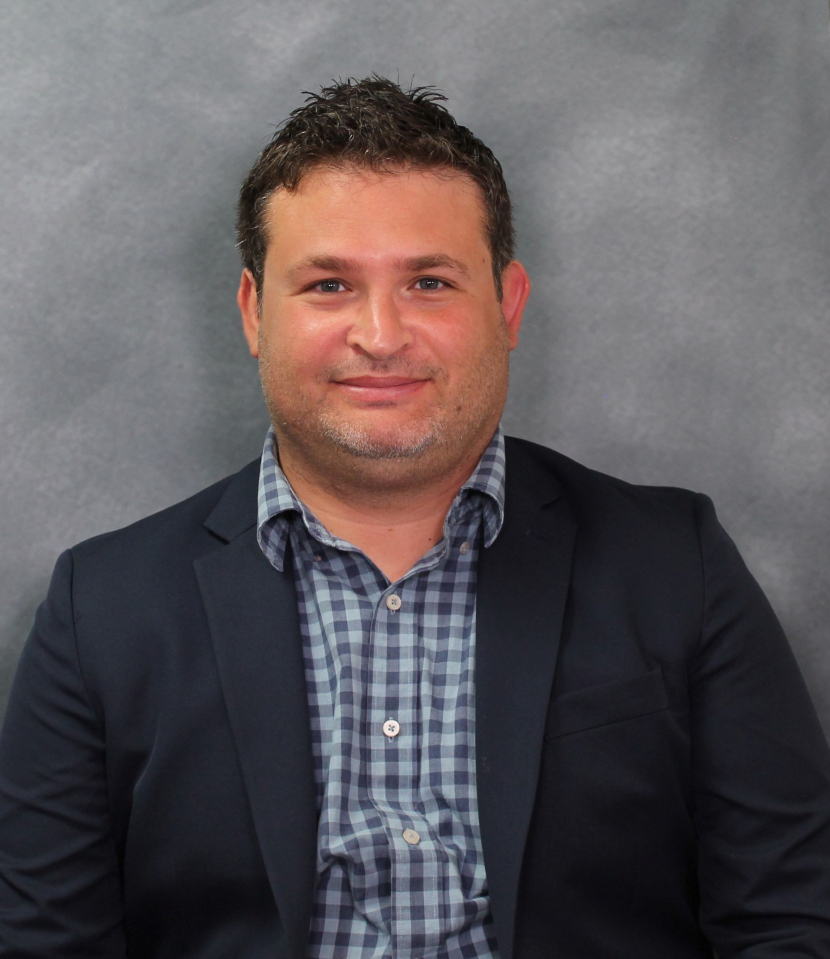
David Maridas, PhD
- Assistant Professor
- CB1116
706-721-1958

Morganne L. Manuel, PhD
- Assistant Professor
- CB1807
706-721-2985
My primary research interest lies in educational research on anatomy and the effective methods to teach medical students. The foundation of medical education is built on a deep understanding of human anatomy, and my goal is to enhance this foundation through innovative teaching strategies and research-based methodologies. Ultimately, my objective is to equip medical students with a solid anatomical knowledge base and the skills necessary to excel in their clinical careers. By fostering a dynamic and supportive learning environment, I aim to inspire future medical professionals to approach anatomy with curiosity, precision, and a passion for lifelong learning.

Patricia Schoenlein, PhD
- Professor
- CB1815
706-721-1876
Our overall goal is to improve the treatment of breast cancer by preventing resistance. Autophagy, a process of recycli8ng organelles when cells are stressed, allows cancer cells to survive chemotherapy and radiation. Our laboratory seeks to identify key molecules that could be targeted to prevent pro-survival autophagy.

Jing Wang, PhD
- Assistant Professor
- CB2911
706-721-7286
Our lab focuses on retinal neurovascular biology and mechanisms of immune, neuron and vascular interaction that control retinal neurovascular function during health and disease. We seek to develop novel strategies to create a favorable retinal environment for cell survival, vascular repair and revascularization in diseases like retinopathy of prematurity and age-related macular degeneration.

Mitchell Watsky, PhD
- Professor
- CB2901
706-721-9541
My research interests have focused on corneal wound healing, ion channel function, cell signaling and bioengineering of an artificial cornea. I also have a long term interest in bioactive lipids. Stemming from my corneal wound healing work, research projects in the lab have broadened to include translational projects aimed at understanding initiation of fibrotic diseases throughout the body, including scleroderma (SSc) and pulmonary fibrosis, as well as research involving osteoporosis and markers of bone metabolism.
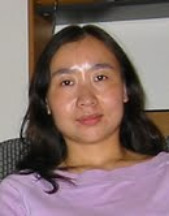
Qingqing Wei, PhD
- Associate Professor
- CB1124
706-721-3551
Acute kidney injury (AKI) is a major kidney disease with high mortality clinically, which can be induced by injurious factors such as ischemia, nephrotoxins, and sepsis. In addition, patients are at higher risk to develop chronic kidney diseases (CKD, characterized by maladaptive tubular repair and massive renal fibrosis development) even after they are recovered from an AKI episode. Our research interests are the pathophysiological mechanisms, specifically the epigenetic regulation, of AKI and CKD. Currently we mainly focus on the role of a long non-coding RNA GSTM3P1 (an RNA transcript from pseudogene). We will use both in vitro and in vivo mouse model to understand its pro-renal injury role in ischemic AKI, its interaction with microRNAs, and its regulation to the parent gene GSTM3. In addition, we will also explore the role of long non-coding RNAs and microRNAs in other AKI models and how they regulate the renal repair and fibrosis in CKD models.

Curating an inclusive learning environment is at the core of my teaching philosophy. I regularly implement well established means of engaging students through interactive activities during my lecture. My education research focus will center on the relative success of different engagement modalities across learners from different levels of academic success.

Ming Zhang, MD, PhD
- Associate Professor
- CB2916
706-721-6772
The primary objective of our research program is to understand the pathogenesis of cytomegalovirus ocular infections by using mouse models and organatypic retinal culture models. Our current work includes the investigation of the mechanisms of death of bystander retinal cells during ocular murine cytomegalovirus infection and also investigates if and how cytomegalovirus contributes to the development of age related macular degeneration (AMD), a complex, multifactorial, progressive disease that is the leading cause of irreversible visual dysfunction in older individuals.
MCG-GS Savannah Partnership Faculty
John Fitzsimmons, MD
- Associate Professor
- Medical College of Georgia

Rachel Koshi, MBBS, MS, PHD
- Professor of Anatomy
- Module Director for Pre-Clerkship Curriculum
- Medical College of Georgia
- Armstrong Center Room 217
- 11935 Abercorn Street, Savannah GA 31419
Research Scientists

- Senior Research Scientist
- Director of Intravital Imaging Core
- Immunology Center of Georgia (IMMCG)
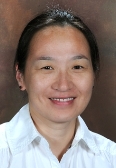
- Research Scientist
- Dr. Zheng Dong Lab

- Assistant Research Scientist
- Dr. Mitchell Watsky Lab

- Research Scientist
- Dr. Kathryn Bollinger Lab

- Assistant Research Scientist
- Dr. Zheng Dong Lab
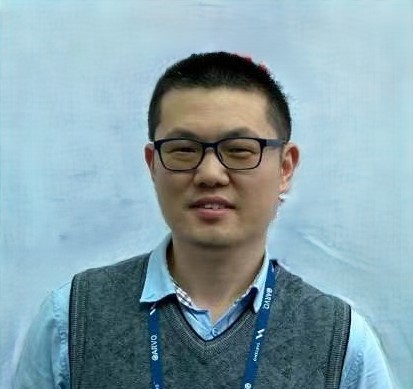
- Assistant Research Scientist
- Dr. Xingjun Fan Lab
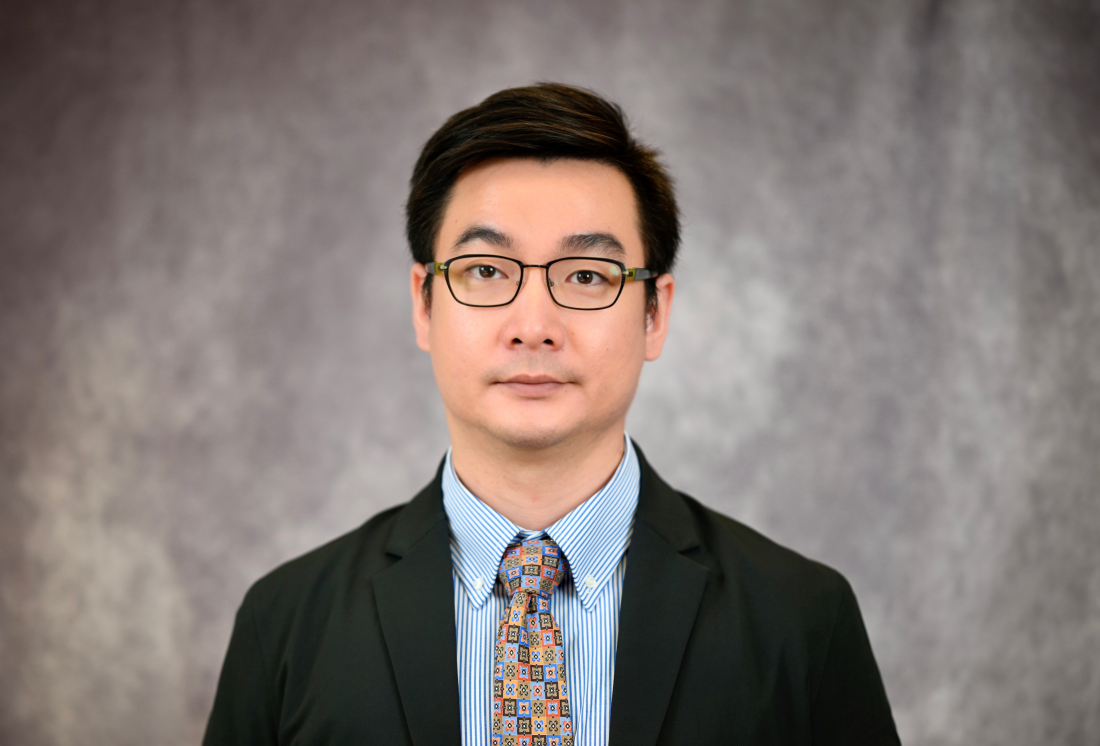
- Assistant Research Scientist
- Dr. Meghan McGee-Lawrence Lab
Center Faculty with Primary Appointment in CBA
Ruth Caldwell
Professor Emerita; PhD, Memphis State University (Biopsychology), 1979. Vascular biology and the molecular mechanisms that control retinal vascular function and growth during health and disease; role of enzyme arginase in altering retinal blood flow and causing neuronal cell death in diseases like diabetic retinopathy and retinopathy of prematurity.
Jianzhong Chen
Assistant Professor; PhD, University of Nebraska (Chemistry), 2003. Molecular changes in biological samples for disease studies; lipidomic and proteomic analyses for studying the mechanisms, early diagnoses, and treatments of ocular diseases.
Dongwen Lyu (Lv)
Assistant Professor; PhD, Capital Normal University (Genetics), 2014. My lab focuses on developing small-molecule degraders and modulators to target disease-associated proteins for the treatment of cancer and other diseases
Tae Jin Lee
Assistant Professor; Augusta University (Biostatistics), 2017. Mass spectrometric detection of keratins in tear fluid., 2025
Meng Wang
Assistant Professor; PhD, Shanghai Institute for Biological Sciences, Chinese Academy (Genetics) 2015. My primary research focus is on uncovering the molecular basis of cancer development. Our work has identified genes that are probable novel drivers of acral and mucosal melanomas and demonstrated that the evolutionary trajectory of acral melanoma differs markedly from that of melanomas arising in sun-exposed skin. In addition, I have experience of studying the role of ribosomal RNA gene (rDNA) arrays in aging and tumorigenesis, as well as broader topics in genomics, including alternative mRNA splicing.
Joint Faculty
- Manuela Bartoli, PhD
- Wendy Bollag, PhD
- Kathryn Bollinger, PhD
- Atanaska Dobreva, PhD
- Ranya El Sayed, PhD
- Sadanand Fulzele, PhD
- Carlos Isales, MD
- Mizuho Kittaka, DDS, PhD
- David J. Kozlowski, PhD
- Paul Langridge, PhD
- David Munn, PhD
- Matthew Prideaux, PhD
- Alexis Stranahan, PhD
Emeritus Faculty
- Sally S. Atherton, PhD
- Dale E. Bockman, PhD
- Gretchen B. Caughman, PhD
- Thomas Gale, PhD
- Adarsh Gulati, PhD
- William Hill, PhD
- Lon Hodge, PhD
- Margaret L. Kirby, PhD
- David Lause, PhD
- Gregory Liou, PhD
- Thomas F. McDonald, PhD
- Paul McNeil, PhD
- Andy Reese, PhD
- Dale Sickles, PhD
- Sylvia B. Smith, PhD
- G. S. Sohal, PhD
- Dave A. Welter, PhD
Adjunct Faculty
- Anna Edmondson, PhD
- Thom Gaddy, PhD
- Eve Gallman, PhD
- Mark Hamrick, PhD
- DeLoris Hesse, PhD
- Priya Narayanan Namboothiri, PhD
- Carol Nichols, PhD
- Brett Szymik, PhD
- Ariel VanLeuven, PhD